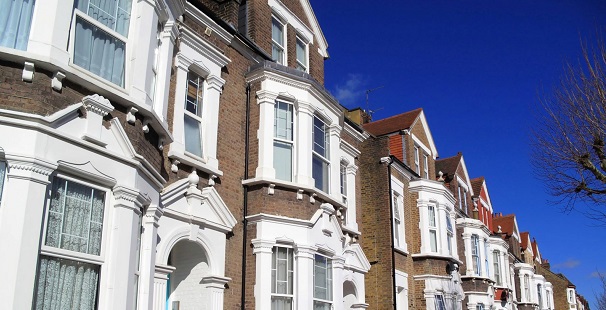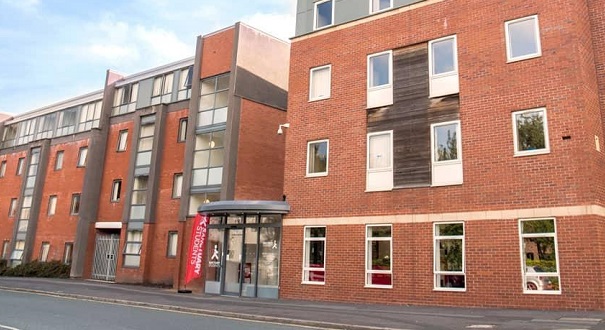
Investing in HMOs (House in Multiple Occupation) can be an attractive option to many landlords. The amount of income you can earn through an HMO is often higher than with standard to buy to let properties, making them an interesting investment.
Managing an HMO does work in a slightly different way to managing other types of lettings, and while the extra work might pay off, it is important to make sure you are following all the right rules.
If you are considering investing in an HMO and becoming a shared accommodation landlord, then there are a few licensing requirements that you should be aware of before you get started. This guide covers what an HMO is, what licensing requirements they come with, and some handy tips and advice to help you make the right investment decision for you.
What is an HMO?
Properties that are rented and shared by multiple tenants are often known as HMOs, which stands for House in Multiple Occupation. If there is a property with three or more tenants in place that all share the property facilities such as kitchen, bathroom and living room, then it is likely that it is an HMO. In an HMO, the tenants will be unrelated and living in separate rooms but sharing various facilities within the home.
A typical example of an HMO is student accommodation or any type of shared housing.
As well as HMOs, there is a separate category for large HMOs which have at least three storeys, at least five tenants and these tenants share the property facilities such as a bathroom or kitchen.
What are HMO landlords responsible for?
Every landlord has some legal responsibilities that they must fulfil, no matter what the property type is. However, HMOs come with some additional legal responsibilities that landlords must also consider. These additional responsibilities are:
- Installing fire safety equipment, including mains powered heat detectors and smoke alarms.
- Maintaining all communal areas and facilities.
- Ensuring that gas safety checks are completed annually.
- Providing washing and cooking facilities that are adequate for the number of tenants in the property.
- Providing enough waste bins for everyone in the property.
- Checking all electrical systems every five years.
- Completing full fire risk assessments on the property.
- Ensuring there are accessible exit routes that are kept clear at all times.
Even if the tenancy agreements with those living in the property differ slightly to these requirements, these obligations are legally binding. Every landlord of an HMO must meet these responsibilities.
Is an HMO licence required?
Some HMOs will require a specific licence, and this is dependent on the property type and area. Large HMOs all require licencing, which means that if the property is three or more storeys high and has more than four tenants with shared facilities, then an HMO licence must be applied for. Some local councils will require that every HMO, regardless of size, must be licensed. This licence will specify the number of tenants you can have in the property.
If you are unsure whether your property requires you to have an HMO licence then be sure to contact your local council to confirm.
What do HMO licenses cost and how to apply?
Every individual council will set the cost of an HMO licence in their area. Most will charge an application fee that must be paid whether the licence is granted or not. To apply for an HMO licence, you should contact your local council for details. Each individual council will set the specific terms of the licences in that area, so be sure to find out the exact terms in your area. Landlords are required to inform various different parties when they apply for an HMO licence, and their details will also need to be given to the council. The parties that must be informed are:
- Your mortgage lender, if you have one.
- Any tenants with over three years left on their tenancy.
- The freeholder or any other owners of the property, if there are any.
If you fail to get an HMO licence when you need one for an HMO property, then it is considered a criminal offence. The fine for not having the appropriate licence can be as high as £20,000, and you may be ordered to repay up to one year’s rent. If you fail to follow the terms of your licence, then you could be fined £5,000.
An HMO licence will typically last for five years, and at least once during this time the council is required to inspect the property to ensure there are no health and safety hazards.




